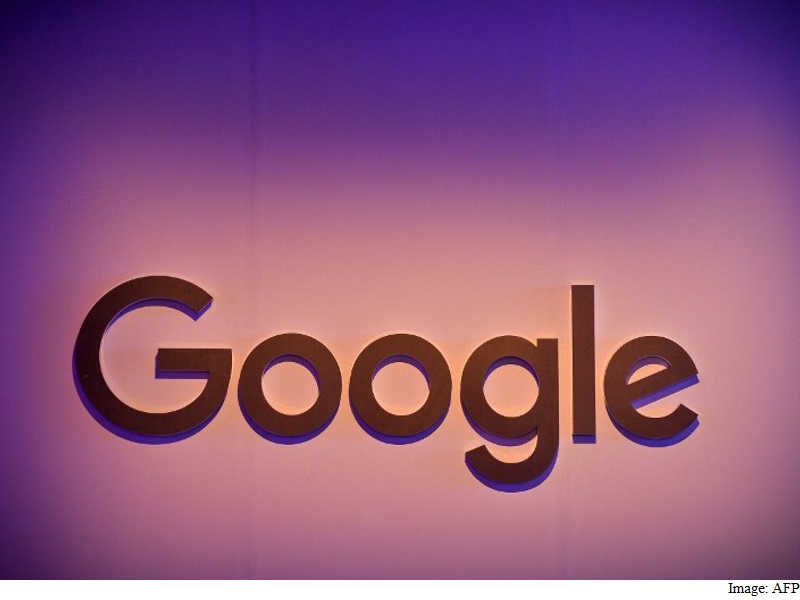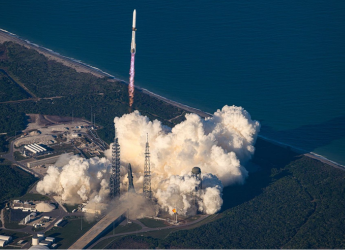- Home
- Internet
- Internet News
- Why Lyrics Websites Are Worried About Google's Latest Move
Why Lyrics Websites Are Worried About Google's Latest Move

Alas, Google may have just delivered a crippling blow to the web's decades-old lyrics industry: The search giant/plundering tech carnivore has inked a multi-year deal with the licensing clearinghouse LyricFind, which will let the search giant display the full song lyrics for millions of artists in a "knowledge box" module at the top of the search page.
No longer will you have to click through to sites like AZLyrics or SongMeanings.com - which has those sites pretty worried.
"We are indeed very concerned about the fact that Google is going to provide song lyrics directly on its search results," said Yigal Ben Efraim, chief executive of Stands4, which owns Lyrics.net. Eight of 10 people who visit that site get there after Googling a song lyric, which does not bode well for the site's prospects.
Efraim was not totally blindsided by the Google move, mind you - Google has been experimenting with lyric panels for almost two years. And Stands4, which also owns a portfolio of reference sites, is well-acquainted with Google's ability to casually decimate long-standing websites when it decides to expand: Efraim's Definitions.net, like the better-known Merriam-Webster.com and Dictionary.com, took a significant hit when Google began displaying definitions directly in search. (Similar claims of harm, and reduced competition, have been made regarding Google's incursion into spaces occupied by Wikipedia, Yelp and TripAdvisor.) Google did not immediately respond to The Washington Post's request for comment.
For lyrics sites, though, the fallout could be particularly dramatic. The industry was suffering, anyway, Efraim said: Ad-blockers have cut into his revenue, and lyrics licenses - which all sites must have, lest they attract the wrath of the National Music Publishers' Association - are very expensive.
Much like dictionaries, lyrics sites rely almost entirely on search traffic to stay afloat. The top three sites - AZLyrics, MetroLyrics and LyricsFreak - all get between 90 and 91 percent of their traffic from search, according to SimilarWeb. Any impact to that traffic could wreak havoc on their bottom line; just look at the damage one week of depressed Google-search placement did to Genius.
Lyrics sites are not giving up, of course - they are just evolving to do things that Google doesn't (yet). Lyrics.net employs a small editorial team to encourage community and discussion around its songs. MetroLyrics is barely recognizable as a lyrics site anymore: Bought by CBS Interactive in 2011, its homepage now lists "hot songs," a la Billboard, and news items about Alicia Keys, Selena Gomez and Rihanna.
Still, the future remains uncertain: It's hard to compete in a marketplace where one company not only does a great deal of production but owns the primary means of distribution, too. In a signal of battles to come, perhaps, Google's new lyrics boxes link out to promotions for its own paid music service.
"The bottom line ... is that most small content publishers are very worried about the future," Efraim said. "And for good reason."
© 2016 The Washington Post
Get your daily dose of tech news, reviews, and insights, in under 80 characters on Gadgets 360 Turbo. Connect with fellow tech lovers on our Forum. Follow us on X, Facebook, WhatsApp, Threads and Google News for instant updates. Catch all the action on our YouTube channel.
- Samsung Galaxy Unpacked 2026
- iPhone 17 Pro Max
- ChatGPT
- iOS 26
- Laptop Under 50000
- Smartwatch Under 10000
- Apple Vision Pro
- Oneplus 12
- OnePlus Nord CE 3 Lite 5G
- iPhone 13
- Xiaomi 14 Pro
- Oppo Find N3
- Tecno Spark Go (2023)
- Realme V30
- Best Phones Under 25000
- Samsung Galaxy S24 Series
- Cryptocurrency
- iQoo 12
- Samsung Galaxy S24 Ultra
- Giottus
- Samsung Galaxy Z Flip 5
- Apple 'Scary Fast'
- Housefull 5
- GoPro Hero 12 Black Review
- Invincible Season 2
- JioGlass
- HD Ready TV
- Latest Mobile Phones
- Compare Phones
- Leica Leitzphone
- Samsung Galaxy S26+
- Samsung Galaxy S26 Ultra
- Samsung Galaxy S26
- iQOO 15R
- Realme P4 Lite
- Vivo V70
- Vivo V70 Elite
- Asus TUF Gaming A14 (2026)
- Asus ProArt GoPro Edition
- Huawei MatePad Mini
- Infinix Xpad 30E
- Huawei Watch GT Runner 2
- Amazfit Active 3 Premium
- Xiaomi QLED TV X Pro 75
- Haier H5E Series
- Asus ROG Ally
- Nintendo Switch Lite
- Haier 1.6 Ton 5 Star Inverter Split AC (HSU19G-MZAID5BN-INV)
- Haier 1.6 Ton 5 Star Inverter Split AC (HSU19G-MZAIM5BN-INV)












